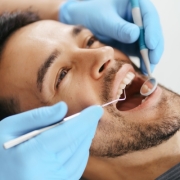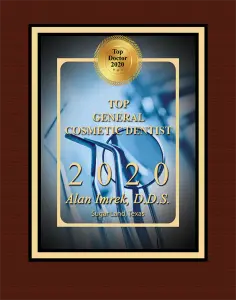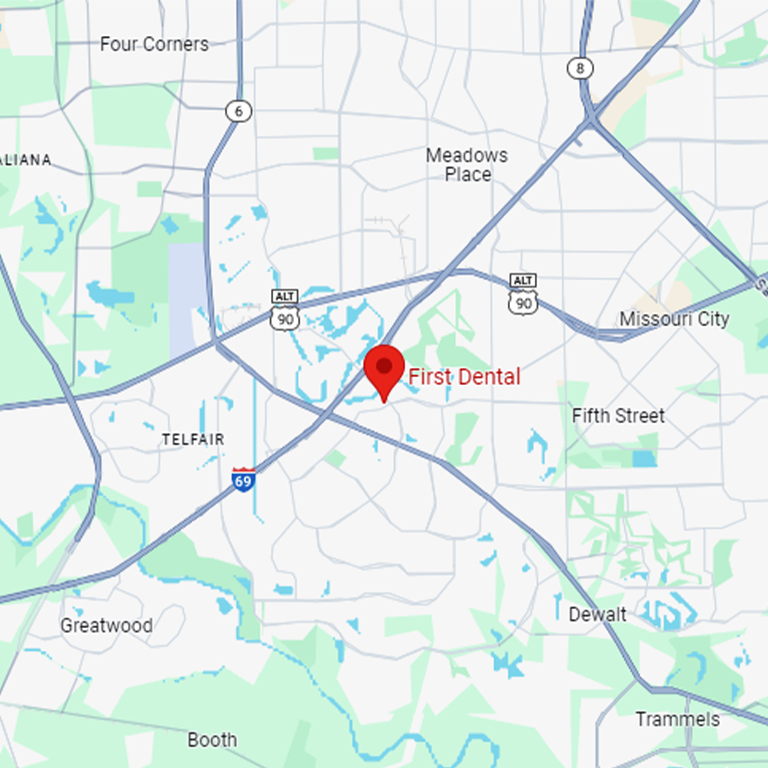Have Questions About Gum Disease? We Have Answers
Do you have gum disease, or are you concerned that you might have gum disease? Your dentist in Sugar Land, TX, can provide you with gum disease treatment to protect your teeth and gums. If you have gum disease, you probably have questions about the condition and what it means for your dental health. We can provide you with answers! Here’s what you need to know.
What is gum disease?
Gum disease is an infection of the tissues that surround your teeth. Most people who have gum disease experience this problem because of poor oral hygiene habits, but some people are at higher risk than others. If you smoke, for example, you’re more likely to get gum disease. Seeing the dentist every six months and brushing your teeth twice daily can help you avoid this problem.
Who is at risk for gum disease?
Anyone can get gum disease, but you may be at high risk for this condition if you have diabetes, if you smoke or use tobacco products, or if you are taking certain medications. Your dentist will ask you health questions when you come in for dental care. It’s important to answer these questions honestly to find out if you are at high risk for this condition.
What can I do to help protect myself from gum disease?
Brush your teeth twice each day and floss once daily. See the dentist every six months. Don’t smoke, or use tobacco products. Stay hydrated and avoid consuming too much sugar.
What are the symptoms of gum disease?
There are many signs of gum disease, including:
- Your gums are inflamed, red, and puffy.
- Your gums bleed when you brush your teeth or when you eat.
- You have bad breath that can’t be fixed by brushing your teeth.
What should I do if I have gum disease?
If you have gum disease, it’s important to get treatment from a dentist. Contact us to learn more about gum disease laser therapy in Sugar Land, TX, and other treatments we can provide to help with this condition. Call today to get started.









